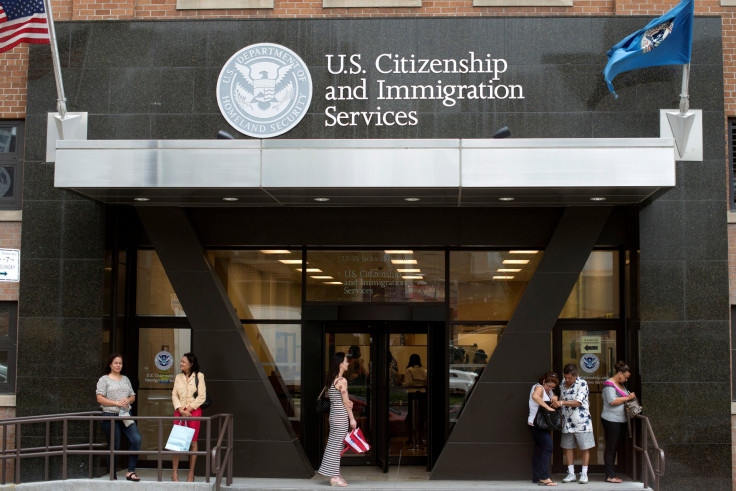Is Immigration Bad For The Economy? H-1B Visas Lower Tech Sector Wages, Study Finds

The H-1B visa program, often used to compensate for shortages of skilled workers in the tech industry, may bring down the wages of engineers, mathematicians and other specialty employees in the U.S., a study found.
The paper, by researchers at the University of Michigan and the University of California, San Diego, found computer scientists’ incomes would have been as much as 5 percent higher and employment for computer science workers would have increased as much as 11 percent in the absence of the program.
Read: Immigration Reform 2017: Trump Suspends H-1B Visa Program Premium Processing
Still, the authors highlighted the benefits of immigration within the industry: Consumer prices dropped, while information technology sector productivity rose by as much as 2.5 percent. The key beneficiaries were tech sector firms, which enjoyed higher profits as a result.
The study came with a major caveat, however. Its data covered 1994-2001 and, therefore, may reflect an entirely different tech industry landscape from that of 2017, given the rapidly changing nature of the sector.
The authors published their paper in the National Bureau of Economic Research just several weeks before U.S. Citizenship and Immigration Services suspended the program’s premium processing service, which allowed companies to import a skilled worker quickly by reducing the monthslong waiting period to 15 days with a $1,225 fee. The move was ostensibly an effort to catch up on the high volume of incoming petitions and the significant surge in premium requests over the past few years, according to a USCIS press release.
For fiscal year 2017, 85,000 H-1B visas were reserved for foreign workers with a clear relationship to an employer and a bachelor’s degree or higher relevant to a “specialty occupation,” including engineering, business, math or other tech jobs.
Read: New H-1B Visa Rule Could Hurt High-Skilled Foreign Workers
The tech sector has long been an ardent supporter of freer immigration. Following the Jan. 27 issuance of President Donald Trump’s executive order banning travel to the U.S. by refugees and citizens of seven Muslim-majority countries — which, after a court blocked it, Trump’s team later revised to six, excluding Iraq in a new version of the measure — hundreds of tech leaders in New York City signed a letter urging him to rescind it.
© Copyright IBTimes 2024. All rights reserved.












